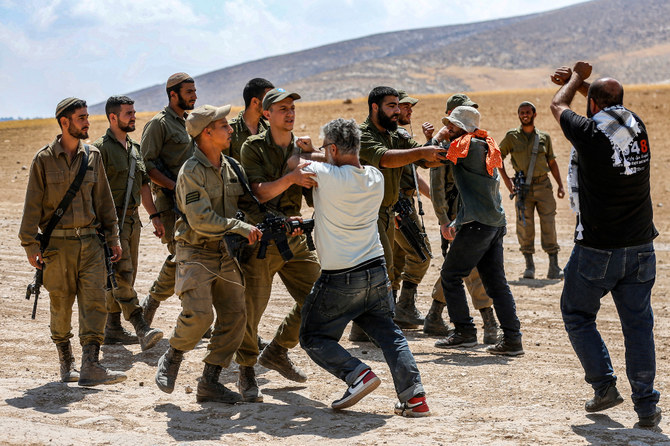
On May 16, the Tatmadaw, the official name of the armed forces of Myanmar, entered the town of Mindat, in the rebellious Chin state, as a triumphant occupying army.
After weeks of violence, the fall of the town led to the dispersal of many of the locals, fighters, and civilians to the nearby forests. In most places on Earth, this would be a pretty remarkable happenstance. In Myanmar, such an event is routine.
Yet, in the broader context of the Feb. 1 military coup and the counter-protests that have rocked the country since, even such mundane events are full of meaning and symbolism.
The federal state of Myanmar has been at war with its ethnic minority citizens in the border regions ever since it gained independence from the UK in 1948, in what is widely recognized as the longest-running civil war on the planet.
While the Tatmadaw may represent the official authority of the state under international law, it has always been, and has always worked as, a foreign occupying force in large swathes of the states of Chin, Kachin, Shan, Rakhine, and indeed other areas too.
The events of last week in Mindat have had many precedents over the past decades. In due time the army will have to redeploy to attack some other rebel front, and the locals will reclaim their town. This cycle looks like it will continue, as it has done for generations.
But something is different this time around. The Tatmadaw is not waging war just against the border ethnic groups. It is also fighting against the majority Burmese who have been mounting growing pro-democracy protests in recent months.
This time, the Tatmadaw is not just an unwelcome but internationally recognized occupying force in the borderlands; it has also revealed itself as an occupying force in the Burmese heartlands as well, while the international community has almost universally sided with the deposed democratic government. And this time around, the rebels in the ethnic regions, including the Chin rebels of Mindat, are in fact allied with the Burmese majority under the accords which lay the foundations of the rebel National Unity Government.
The occupation of Mindat is thus not just a borderlands clash, as it would have been in years past. Rather, it is open warfare carried out against some elements of the pro-democratic National Unity Government. And the scenes of the occupation of Mindat are just what the Burmese pro-democracy protesters have come to expect from the Tatmadaw over the past months: Violence specifically aimed at killing and terrorizing, war crimes against children.
The Tatmadaw is not waging war just against the border ethnic groups. It is also fighting against the majority Burmese who have been mounting growing pro-democracy protests in recent months.
Dr. Azeem Ibrahim
For seven decades, the Tatmadaw has waged a war of occupation against the borderlands. And thus, it has become nothing more than an occupation force. That is what it knows, and that is what it does. It should therefore be no surprise that when it came to it, the armed forces would deploy the same strategies and tactics of suppression, territorial control, arbitrary overwhelming violence, and rule by terror, against the pro-democracy protesters in the heartlands.
In years past, the military juntas managed to convince the Burmese majority that the brutal methods of the army were deployed in the service and in the interests of that majority. But now that the Tatmadaw has been killing so many Burmese children in Burmese areas of the country, that illusion can no longer hold.
The Tatmadaw does not serve the people of Myanmar, it does not serve their best interests, it does not even serve the interests of the Burmese majority, or really any other clearly identifiable section of society except its own military hierarchy.
As the events of Mindat exemplify, and as the events of the past month have so amply demonstrated, the Tatmadaw is not the army of Myanmar. It is, at most, the army currently occupying Myanmar.
Dr. Azeem Ibrahim is a director at the Newlines Institute for Strategy and Policy in Washington and research professor at the Strategic Studies Institute US Army War College. Twitter: @AzeemIbrahim
Disclaimer: Views expressed by writers in this section are their own and do not necessarily reflect Arab News" point-of-view












